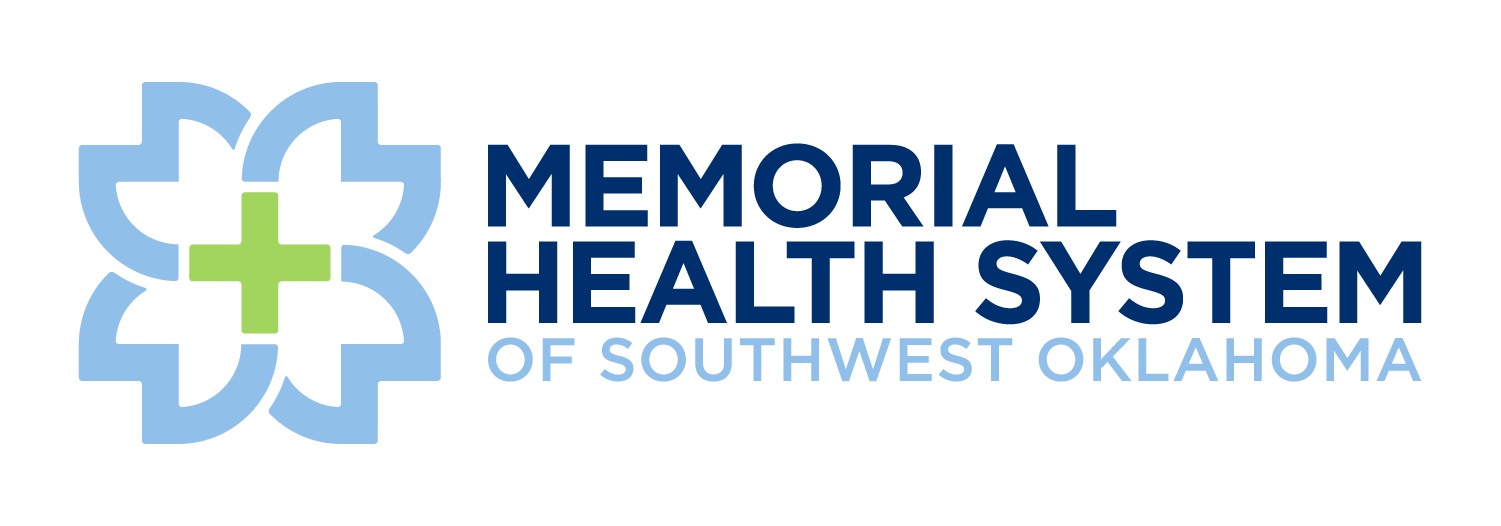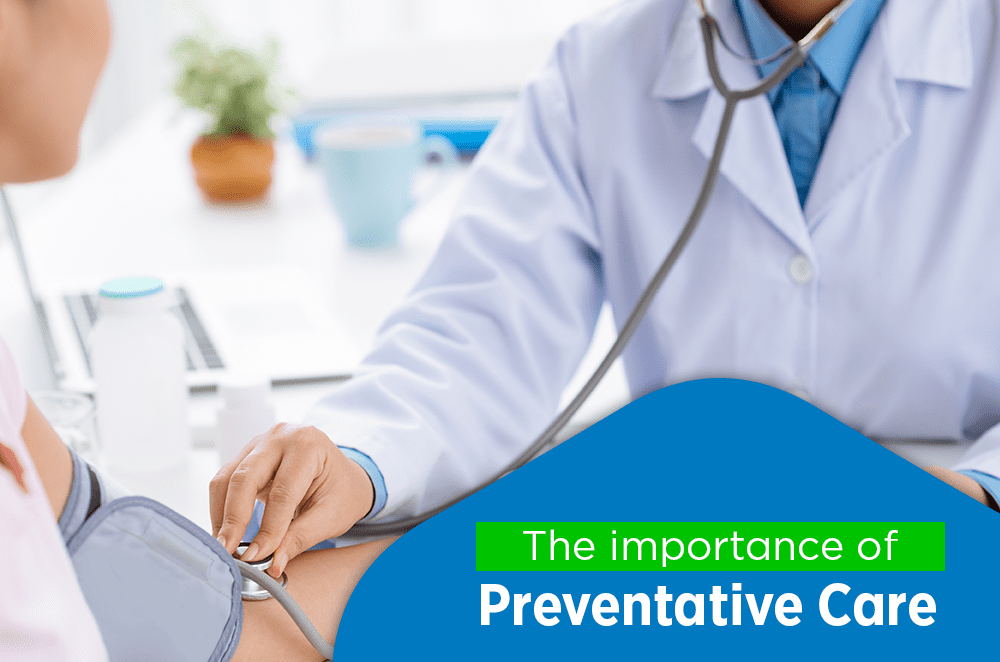The Importance of Preventative Care
Preventative care is the effort that is taken to monitor and measure your overall health so that you can take action and avoid certain health risks. The path to preventative care starts with annual checkups. Though our lives can sometimes be busy and too many activities fill our schedule, we must not forget the importance of preventative care and regular checkups!
Why do we need preventive care?
Preventative care is beneficial in many ways, yet it still gets put off by so many adults. Preventative care can help with:
- Early Detection – Taking preventative care action leads to early detection of more serious conditions. When you work closely with your provider, you can monitor changes in your health that can point to disease or cancer.
- Cost Savings – Because of early detection, you can ensure that any health issues you do have, do not turn into something bigger. According to an article from 2022, over a quarter of Americans owe $10,000 or more in medical debt. With preventative care, you can help avoid larger medical expenses by detecting risks early.
- Improved quality of life – Regular check-ups can help keep you on track when it comes to living a healthy lifestyle. With your doctor as your guide, you can make better health choices.
- Peace of mind – When someone in your family history has struggled with health issues, you can become anxious about developing them yourself. Regular check-ups and monitoring of your health can help alleviate the stress you have.
What happens at a regular check-up?
When we were children, we frequently visited a doctor for checkups to ensure we were growing on track, we were meeting milestones, and staying up to date on any vaccinations. As adults, we tend to only visit the doctor if we are sick. Though check-ups may look a little different as an adult than they did as a child, here is what you can expect.
The Cleveland Clinic describes a yearly physical exam as combining two major parts. The first part is going through your past medical history, your family health history, and any changes in your health that you may be experiencing.
The second part is the actual exam where the doctor examines you from head to toe to check for any abnormalities. Things that the doctor will look for or look at will include, blood pressure, weight, pulse, and your skin.
How often do you need a check-up?
The frequency of your check-ups can vary. If you are in your 20-30s, and generally healthy, you and your doctor may agree that you only need to be seen once every two years. If you have health concerns, your doctor may want to see you more often than that. The amount of check-ups you need is dependent on what you and your doctor agree is best.
What do you need to bring?
It is important to go into each doctor visit prepared so you and your doctor can have an in-depth conversation about your concerns. You can be prepared for your next exam by
- Talking to your family about family medical history
- Taking notes of your health concerns and recording symptoms, frequency, and severity
- Bringing a list of any current medications you may be on
- Bringing your past medical history
Preventative care and check-ups go hand-in-hand
Take the necessary steps to ensure a healthy life by scheduling your check-up today! Visit https://www.ccmhhealth.com/providers/ to find a primary care provider who will listen, walk you through your health journey, and care for you!
Disclaimer
The Comanche County Memorial Hospital website does not provide specific medical advice for individual cases. Comanche County Memorial Hospital does not endorse any medical or professional services obtained through information provided on this site, articles on the site or any links on this site.
Use of the information obtained by the Comanche County Memorial Hospital website does not replace medical advice given by a qualified medical provider to meet the medical needs of our readers or others.
While content is frequently updated, medical information changes quickly. Information may be out of date, and/or contain inaccuracies or typographical errors. For questions or concerns, please contact us at contact@ccmhhealth.com.

